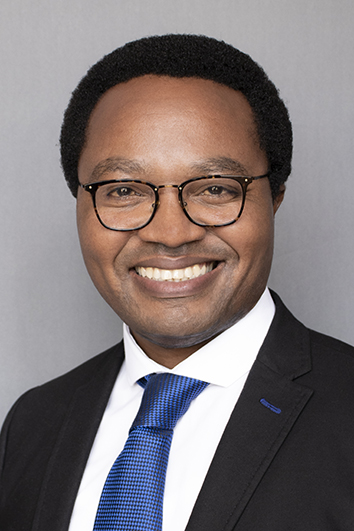Speaker Mnqasela motivates citizens to vote during local government elections
On Monday the 1st of November, we get the opportunity to cast our vote for the 2021 Local Government Elections. Join me in being an active citizen of the Western Cape by casting your vote, and have your say.
According to StatsSA estimates, South Africa has around 40 million citizens who are eligible to vote in the 2021 local government elections. Of those, only 65% are registered to vote. For the 2016 local government elections the percentage of registered voters stood at around 75%. This is a significant decline and a matter of grave concern for our democracy.
Voter apathy is largely the reason for this decline. According to political analysts, the COVID-19 lockdown restrictions and impact on people, the country’s economic situation, and limited opportunities for political parties, and candidates to campaign, also contributed to this decline.
Whatever your reasons of not voting, this simply means your voice will not be heard and that the decline in citizen participation in one of the pillars of our democracy, will continue. A participatory democracy can only flourish when there is active citizenry with people going to the polls and participating in elections crafting their future.
Voting is merely the first step to effecting the change you need, and actively participating in the well-being of your community. Once you have voted, you are also responsible for holding those that have been elected to account.
Why do we vote for local government?
• To provide democratic and accountable government for local communities;
• To provide services to communities in a sustainable manner;
• To promote social and economic development;
• To promote a safe and healthy environment; and
• To encourage the involvement of communities and community organisations in matters of local government.
In many democracies, people vote in large numbers and the peoples’ voices remain supreme. Our constitution provides a framework for our system of governance that is both representative and participatory. Public engagement improves the quality of policy and legislation, strengthens accountability and enhances overall governance.
After my election as Speaker of the Western Cape Provincial Parliament (WCPP) in 2019, I committed to ensuring that the WCPP fulfils its constitutional duties of law-making, oversight of the executive and participation by the populace in our processes, to the full. To be a truly parliament of the people. Specifically, I committed to providing a platform for the voices of our people to be heard in the affairs of the institutions affecting them.
In short, when people are not involved in decisions affecting them, political interventions are likely to fail. To this end, the WCPP embarked on a programme called Thetha-Nathi which literally means Talk to us/Kom ons praat, which the goal of providing stakeholders with a platform to engage with their elected public representatives in the true sense of the word.
You have the power to decide on how your money is spent, and the quality of life you want for yourself and your community, and even for future generations. Make your voice heard – Go and Vote!
For more information on the local government elections, including voting stations, times and to see where you are registered to vote, visit the Electoral Commission of South Africa’s website at elections.org.za.
